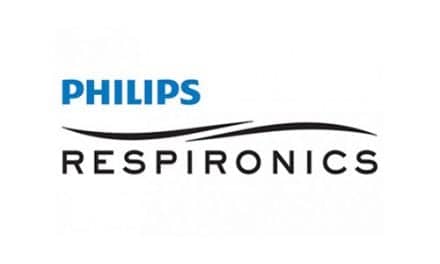By Marian Benjamin
In late March the Centers for Medicare & Medicaid Services (CMS) issued a final decision that will extend coverage to certain oxygen-dependent beneficiaries who are enrolled in clinical trials approved by CMS and sponsored by the National Heart, Lung, and Blood Institute (NHLBI) and have a Po2 of 56 to 65 mm Hg or an oxygen saturation equal to or higher than 89%. Currently, Medicare limits home oxygen coverage to patients with partial pressures at or below 55 mm Hg or oxygen saturation of 89%.

This is good news, because, although not all Medicare oxygen patients benefit now, as Medicare conducts this pilot project, the data and documentation collected and the evidence compiled will bolster the argument for oxygen coverage for all Medicare beneficiaries who require such therapy. This is great news for seniors. Not so great news is that CMS has proposed limiting or eliminating reimbursement for several nebulizer medications and is inviting comment on the proposals.
One proposed policy revision will reduce the reimbursement for levalbuterol HCl to the allowable established for racemic albuterol. The assessment is based on the belief that the medical necessity of levalbuterol HCl compared to racemic albuterol has not been established. Sepracor, manufacturers of levalbuterol HCl, argues that the assessment is in stark contrast to the experience of Medicare beneficiaries who are enjoying the benefits of levalbuterol HCl. In a comment to RT, Sepracor states, “Physicians need to be able to make important health care decisions based on the needs of their patients and not have those decisions interfered with or overridden by individuals and entities far removed from the practice of medicine.”
Cheryl West, AARC director of government affairs, said AARC is concerned that if the reimbursement for levalbuterol HCl is the same as for albuterol, pharmacies may stop stocking it, and patients doing well on levalbuterol will lose access to it.
Another proposed change will reduce the reimbursement for noncompounded combined unit-dose preparation to that of separate unit-dose vials of albuterol and ipratropium. This doubles the amount of time it takes for each treatment, and, in the personal opinion of Joan Kohorst, chair of the AARC Home Care Section, this may impact patient compliance to nebulizer treatment. According to Kohorst, by making this revision, CMS is saying it does not care about compliance, and only about cost. The comment period for these proposed revision ends May 8; too late for those of you who are reading the print version of RT, but for those reading thisf column on RT’s Web site, you can add your comments by going to www.edssafeguardservices.eds-gov.com/search.asp?keyword=comments. The site contains the e-mail addresses to which comments can be sent. Kohorst emphasized that weight will be given to comments citing evidence-based journal documentation, not to emotional pleas or anecdotal evidence. So, keep it pithy.
RT
Marian Benjamin is the former editor of RT. For more information, contact [email protected].









